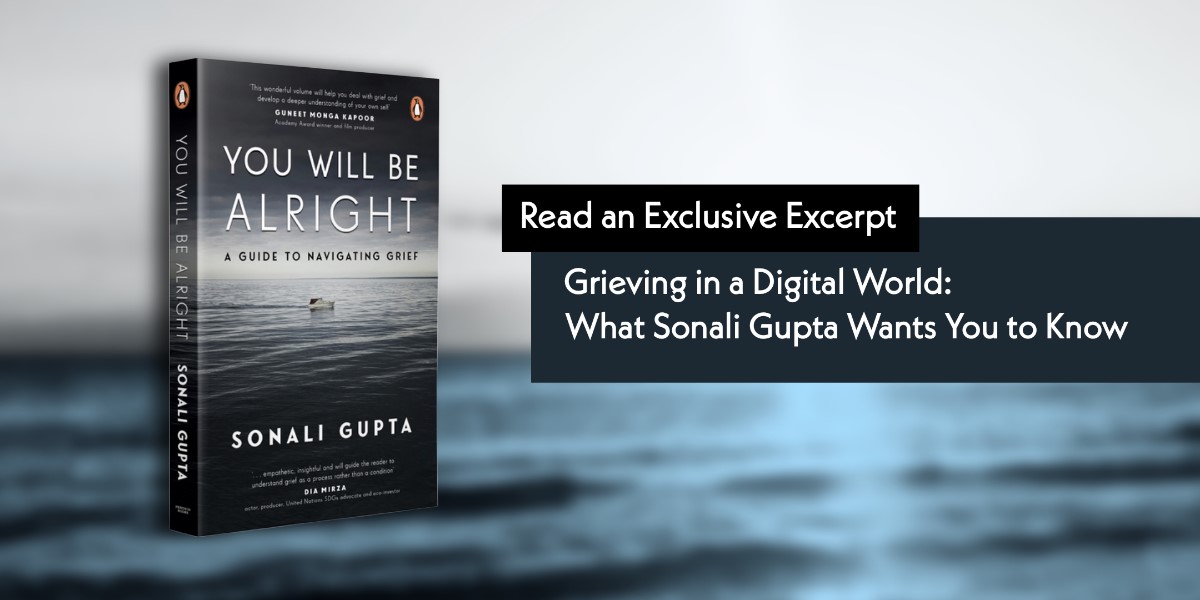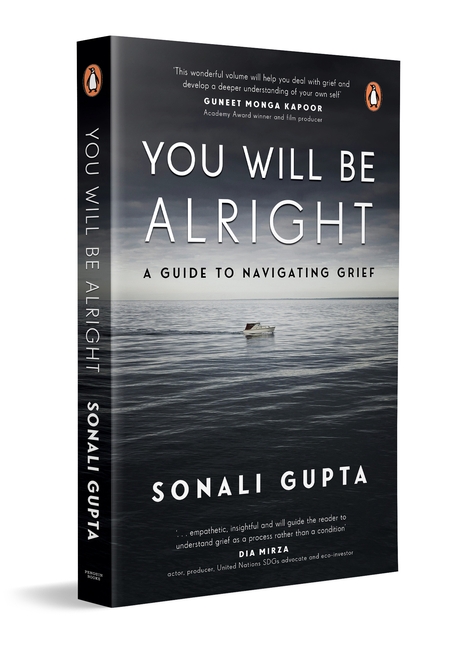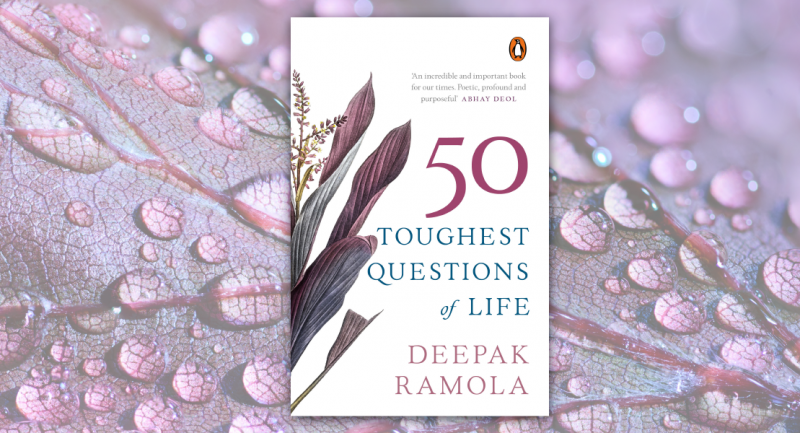
You Will Be Alright is intended to serve as an anchor for those dealing with grief and those supporting someone who is dealing with grief.
Read the excerpt to know more.

The first few days of loss can be extremely disorienting and exhausting, where we have little or no energy to do much. As the rituals and ceremonies come to an end and relatives leave, we are left to ourselves and may begin to wonder, ‘What happens to my life now?’ Clients in therapy ask, ‘Does the grief ever go away? It seems like I will never be able to do away with it. Will it always pain this much?’
There is no recovery or getting over grief. We learn to live with the grief and also hold space for love. We miss our loved one, who is no more with us, and we know that the world will never feel the same. At the same time, as we continue to do the work of dealing with our emotions, processing, accepting and integrating, our grief shifts. It stays, but it feels different.
As Anne Lamott says, ‘You will lose someone you can’t live without, and your heart will be badly broken, and the bad news is that you never completely get over the loss of your beloved. But this is also the good news. They live forever in your broken heart that doesn’t seal back up. And you come through. It’s like having a broken leg that never heals perfectly—that still hurts when the weather gets cold, but you learn to dance with the limp.’
As I pondered on the subject of this chapter, a statement that came to me instinctively was, ‘Do we ever ask what happens to our love?’ Just as love stays, grief stays. Grief is an extension of the love which we have felt for our loved one. Just because they have passed away, we don’t stop thinking about them. We carry both grief and love in our hearts. I have found it useful to think that a huge part of processing our grief is acknowledging that the presence of our loved one felt like sunshine and hope. We were lucky to have them, and they made our world a better place. Now, when they are no more, we can make a choice to carry forward what they stood for, by imbibing qualities that we always associated with them. We can choose to celebrate them whenever life offers an opportunity. Personally speaking, my father was a huge foodie and loved exploring new cuisines. Over the years, on his birthday and death anniversary, I often order his favourite food—and while I am not a big foodie, I think I have become someone who savours the cuisine. All good food reminds me of him. Although I must mention that it has taken years to imbibe and see it this way, I’m glad it has happened.
As we continue processing our grief, it becomes integrated, and we begin to accept the loss. We start to recognize that our world has changed, and now one slowly needs to adapt to this new reality.
Early in therapy, clients often ask me these questions, and I have always felt that one can give hope and yet be honest with
people. Truth and compassion can co-exist—my experience over and over has been that clients accept it well. As a young therapist, I thought it would be hard for them to hear this. But almost two decades later, I realize that grief is hard enough, and knowing what to expect realistically becomes an anchor, helping people rather than pushing them into a state of despair. I remember working with a seventy-year-old client, Naresh, who had reached out to me three years after the loss of his wife due to a chronic illness. He seemed quite agitated and distressed. He said to me, ‘I have been to therapists and doctors, and everyone tells me that it’s been three years and so, I must move on. I don’t understand how I can move on and see life as the same. When the person I loved for fifty years is no more, everybody still wants recovery and wants me to be done with grief. It has taken me a lot to come here, and I don’t think I can recover.’
I told him, ‘You are right, there is no recovery from grief. No matter how much work you do with me, all I can help you is with grief integration and acceptance. Our grief is not an illness or condition that we can wish away. Your wife was your world and so, it will always hurt. Yet, we can work together to address what you are feeling. Perhaps we can move forward with her memories and the love that you hold for her.’
***
Get your copy of You Will Be Alright on Amazon or wherever books are sold.









